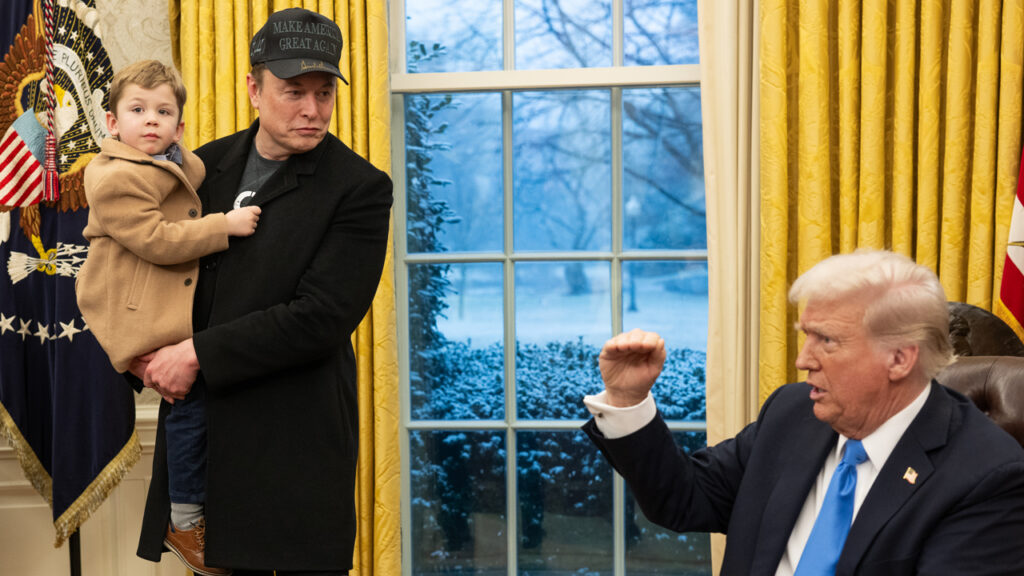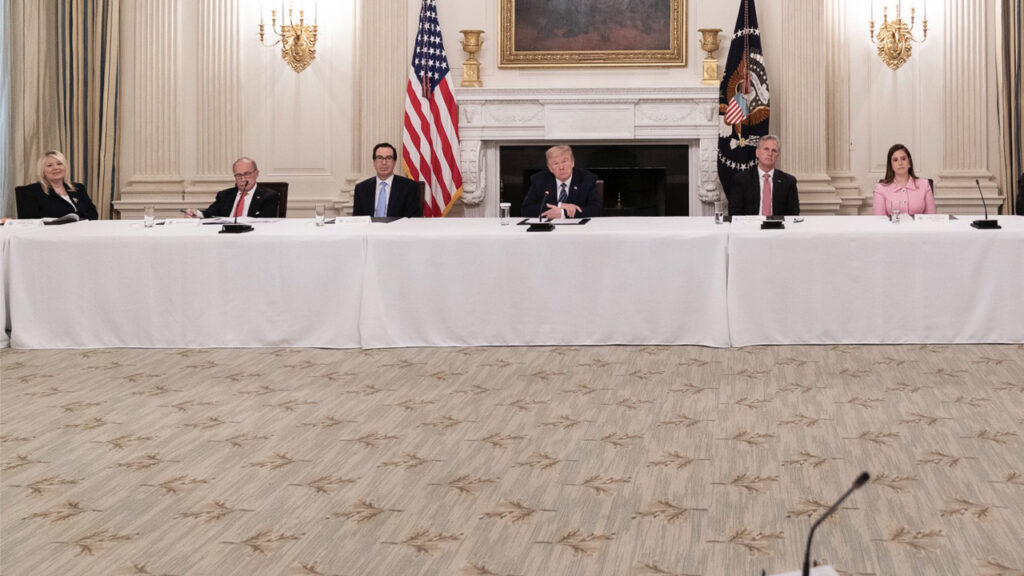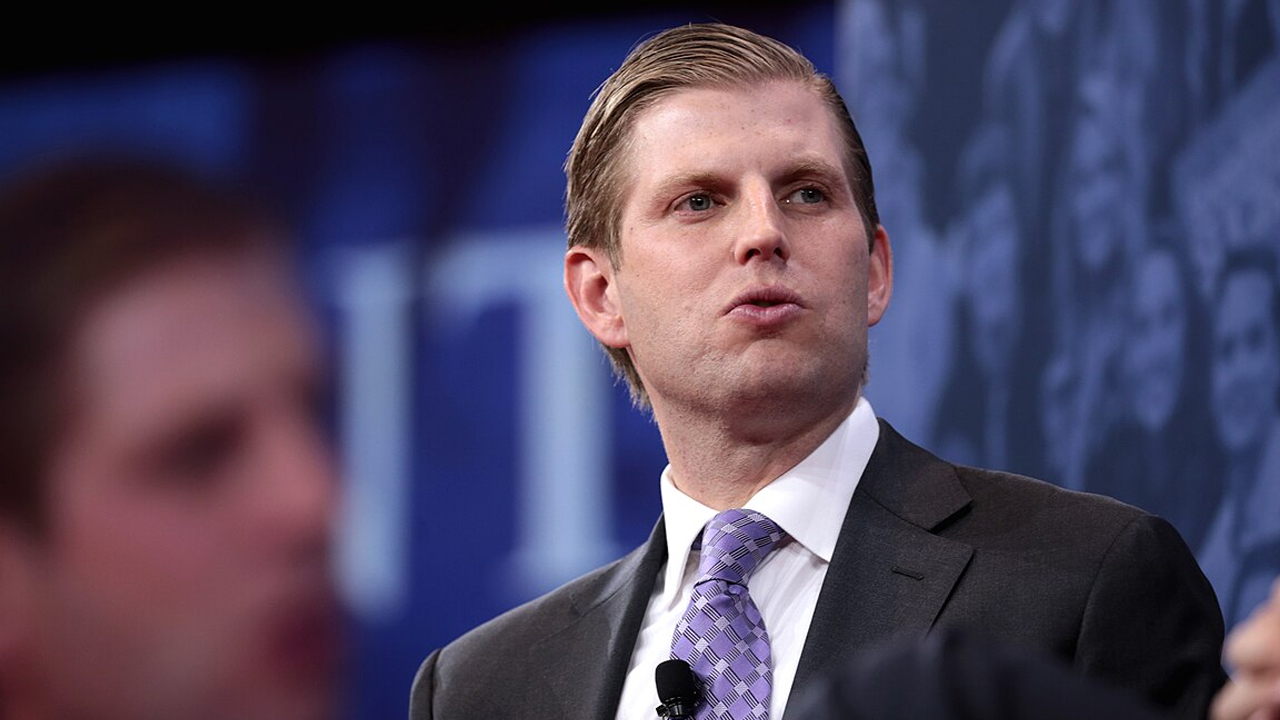The IRS has long been criticized for outdated systems, bloated budgets, and inefficiencies that wouldn’t fly in the private sector. Now, DOGE—a Trump-backed spending watchdog with ties to Elon Musk—says it has helped eliminate $1.5 billion in waste from the IRS’s modernization efforts. According to Sam Corcos, CEO of health tech company Levels and a special adviser to the Treasury, the team uncovered contracts with consultants that added more complexity than progress. (Source: Reuters)
It’s part of a larger political and financial shift. While the Biden administration had allocated $80 billion to overhaul the IRS, that number has been cut nearly in half through recent budget fights. DOGE is now positioning itself as a check on runaway federal tech spending—and the IRS is just the beginning.
$1.5 Billion Cut From IRS Modernization Budget

Corcos says that many of the IRS’s modernization contracts were doing more harm than good. Instead of simplifying operations, they were adding technical debt and creating systems so complicated that even internal staff couldn’t maintain them. That’s where DOGE stepped in. (Source: Fox Business)
After reviewing thousands of contracts, DOGE reportedly stopped or canceled enough work to account for $1.5 billion in savings. The claim suggests that decades of IRS tech upgrades have been weighed down by bad spending and unchecked inertia. Now, those decisions are getting more scrutiny—and fast.
The IRS’s Massive Tech Budget

Here’s what’s wild: the IRS has a $3.7 billion modernization budget, and that’s separate from its $3.5 billion IT operations fund. According to Corcos, that level of spending would be unthinkable in a private company—especially for results that aren’t always clear. (Source: Reuters)
With the IRS temporarily pausing some of its modernization plans to reassess AI’s role in tax operations, DOGE sees even more room to cut. Critics argue these efforts could undermine the IRS’s ability to enforce tax law effectively. But for now, the focus is on trimming what’s seen as unnecessary spending.
Musk’s Fingerprints on DOGE’s Philosophy

Though Elon Musk isn’t running DOGE directly, his fingerprints are all over its approach: strip out the bloat, simplify the system, and ask why things cost so much in the first place. That mindset is exactly what Corcos channeled in his review. His quote on finding $50 million contracts with no clear purpose—“you just cancel it and nothing happens”—captures DOGE’s entire vibe. (Source: Fox Business)
This is less about micromanaging the IRS and more about asking basic, high-leverage questions. And in a world where federal agencies often run on auto-pilot, even simple scrutiny can expose billions in waste.
A Political Win for Conservatives

For Republican lawmakers, the DOGE-led rollback is a long-awaited victory. Ever since Biden’s 2022 Inflation Reduction Act directed $80 billion to modernize the IRS and strengthen enforcement, critics have claimed it would turn the agency into a surveillance tool against everyday taxpayers.
DOGE’s cuts play directly into that narrative. By framing the IRS tech upgrades as bloated and unnecessary, the group has made its case for tighter federal budgets without slashing frontline services—at least for now. But it’s not just about the money. It’s about the optics of tech contractors profiting while regular people are worried about audits.
IRS Employees: Cooperative but Frustrated

Interestingly, Corcos praised the IRS’s in-house IT employees, calling them “super cooperative” during the review. That’s notable because it highlights a core issue—this wasn’t about lazy government workers. It was about a system so layered with third-party contracts that even the people inside didn’t know what some vendors were doing. (Source: GovExec)
This opens the door for a new approach to federal IT: empower internal teams and cut out the layers of consultants. If DOGE’s strategy holds, we could see other agencies come under similar scrutiny in the months ahead.
DOGE’s Broader Influence—and Controversies

DOGE’s role isn’t limited to the IRS. The watchdog group is also at the center of a legal fight over control of the U.S. Institute of Peace, a congressionally funded think tank. A federal judge recently sided with the Trump administration’s authority to restructure the board, deepening the agency’s political entanglements.
Whether or not you agree with its methods, DOGE is becoming a serious player in how federal dollars are spent—or stopped. With Musk-style efficiency thinking and political backing, its influence could reshape how Washington thinks about technology, governance, and money.

Alexander Clark is a financial writer with a knack for breaking down complex market trends and economic shifts. As a contributor to The Daily Overview, he offers readers clear, insightful analysis on everything from market movements to personal finance strategies. With a keen eye for detail and a passion for keeping up with the fast-paced world of finance, Alexander strives to make financial news accessible and engaging for everyone.


